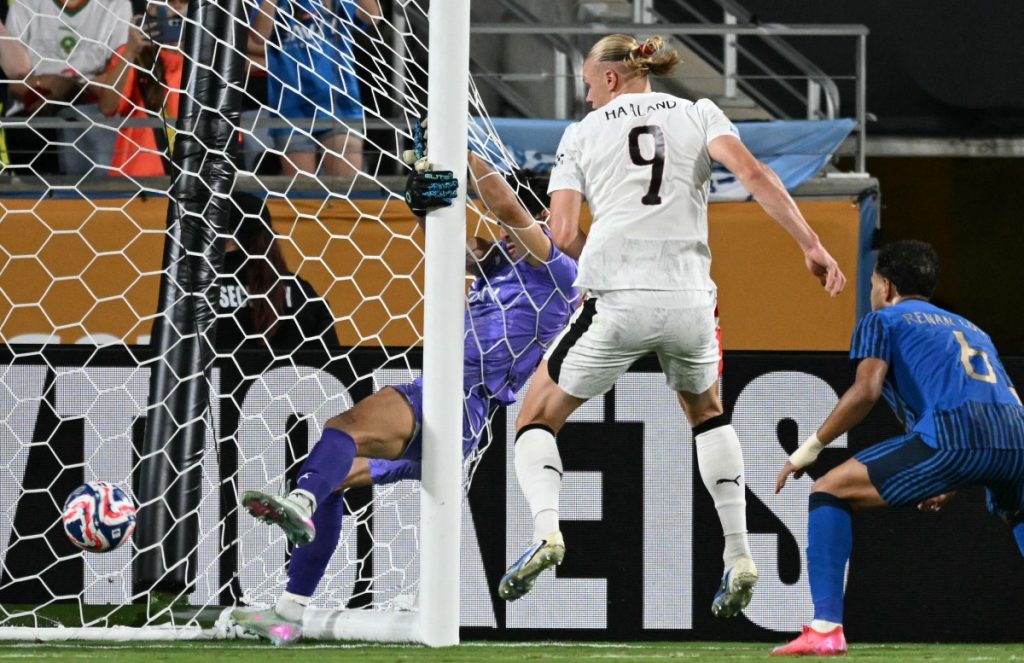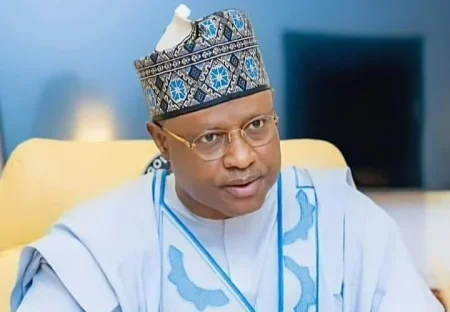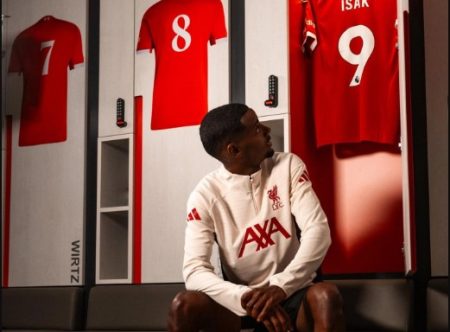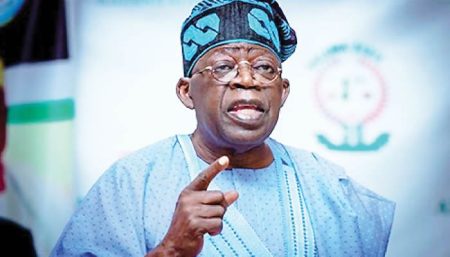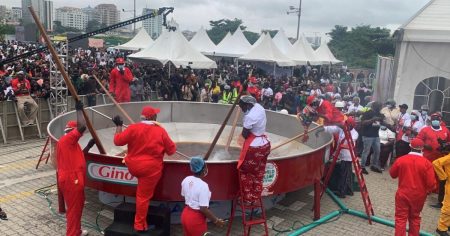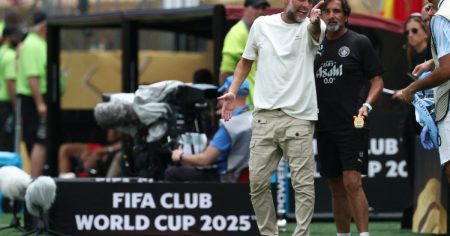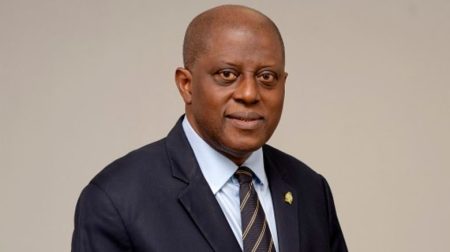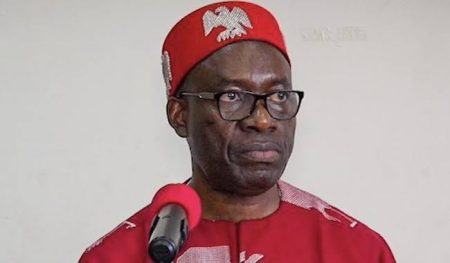The 2025 FIFA Club World Cup witnessed a seismic upset in its early stages as Saudi Arabia’s Al Hilal stunned English powerhouse Manchester City, triumphing 4-3 in a thrilling extra-time encounter. This unexpected victory, hailed as one of the most significant achievements in Middle Eastern football history, propelled Al Hilal into the quarter-finals and ensured a non-European team’s presence in the last four of the tournament. The match unfolded as a dramatic back-and-forth affair, with both teams showcasing their attacking prowess while simultaneously exposing defensive vulnerabilities. The result resonated far beyond the immediate competition, marking a symbolic shift in the global football landscape.
The opening goal arrived early for Manchester City, albeit controversially. Bernardo Silva capitalized on Rayan Ait-Nouri’s cross, converting a chance that was immediately protested by Al Hilal players who claimed Ait-Nouri had handled the ball in the build-up. Despite the appeals, the goal stood, giving City an early advantage. Dominating possession and creating numerous opportunities, City seemed poised to extend their lead, but a combination of wasteful finishing and the exceptional goalkeeping of Yassine Bounou kept the scoreline at 1-0 going into the break. Al Hilal, however, remained a threat on the counter-attack, hinting at the potential upset that was about to unfold.
The second half began with a dramatic shift in momentum. Within a minute of the restart, Al Hilal capitalized on a defensive lapse by City, equalizing through Marcos Leonardo. Just six minutes later, they took a shocking lead as Malcolm exploited City’s high defensive line, latching onto a long ball from Joao Cancelo and calmly slotting the ball past Ederson. The Al Hilal supporters erupted in celebration while City manager Pep Guardiola responded with a triple substitution, aiming to stabilize his team’s faltering defense. The changes had an immediate impact, and City managed to level the score through Erling Haaland, who capitalized on a scramble in the Al Hilal box following a corner.
Despite renewed pressure and further chances for both sides, the score remained level at 2-2, forcing the match into extra time. The additional period proved just as dramatic as the regulation time. Al Hilal regained the lead early in extra time through a powerful header from Kalidou Koulibaly, converting a Ruben Neves corner. City responded swiftly with a beautifully crafted goal from Phil Foden, who finished off a delicate cross from Rayan Cherki. However, Al Hilal’s resilience shone through once again. They immediately restored their lead, with Marcos Leonardo scoring his second of the night, following up on a saved header from Sergej Milinkovic-Savic. This proved to be the decisive goal, sealing a historic victory for Al Hilal.
The aftermath of the match was filled with contrasting emotions. While Al Hilal players and fans reveled in their monumental achievement, Manchester City grappled with the disappointment of an early exit. Marcos Leonardo dedicated his goals to his mother, who had recently recovered from a serious illness, adding a poignant touch to his outstanding performance. City captain Bernardo Silva acknowledged his team’s failure to control Al Hilal’s counter-attacks as the key factor in their defeat. He lamented their inability to contain the Saudi side’s pace and directness, which repeatedly exposed their defensive vulnerabilities.
Al Hilal’s victory served as a powerful statement, demonstrating the growing competitiveness of football beyond the traditionally dominant European leagues. Their ability to overcome a formidable opponent like Manchester City, a team considered among the best in the world, showcased their tactical acumen, individual brilliance, and unwavering team spirit. The result will undoubtedly resonate throughout the footballing world, inspiring other teams from less heralded leagues to believe in their potential to compete at the highest level. The match will be remembered as a classic Club World Cup encounter, a testament to the evolving global football landscape. For Al Hilal, it marked a historic triumph, a moment of immense pride for the club and Saudi Arabian football as a whole. For Manchester City, it served as a harsh reminder that even the most dominant teams can be vulnerable, and that complacency can have costly consequences on the biggest stage.
The 2025 Club World Cup upset resonated beyond the confines of the tournament, symbolizing a potential shift in the global football hierarchy. Al Hilal’s victory over Manchester City challenged the established order, highlighting the increasing competitiveness of clubs outside of Europe. This triumph, achieved through tactical discipline, individual brilliance, and collective resilience, signaled a warning to the traditional powerhouses of European football. It underscored the evolving dynamics of the global game, where emerging forces are increasingly capable of challenging the established elite. Al Hilal’s success serves as an inspiration for other non-European clubs, demonstrating that with the right combination of talent, strategy, and belief, anything is possible. It marked a significant moment in football history, potentially foreshadowing a more multipolar future for the beautiful game.





